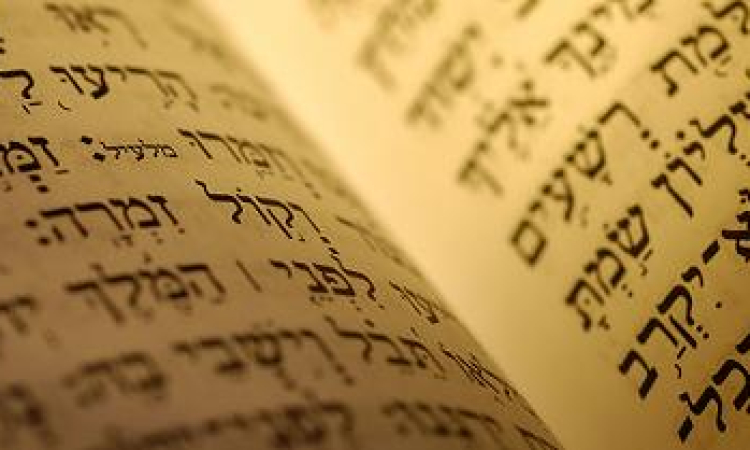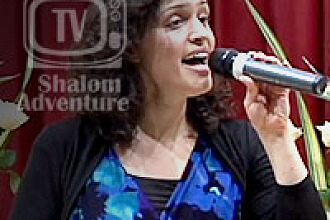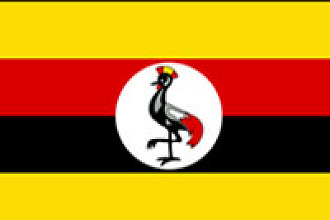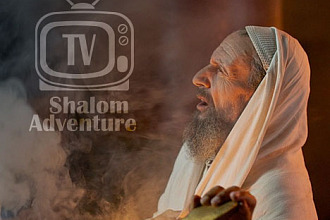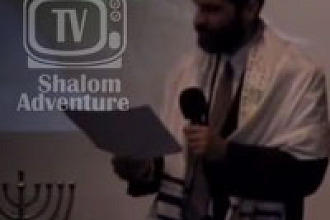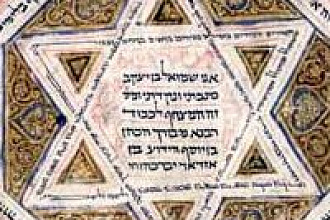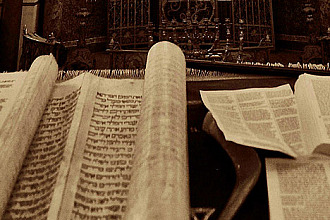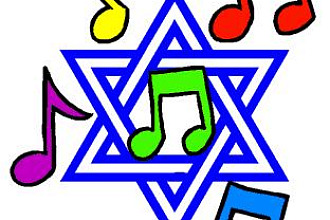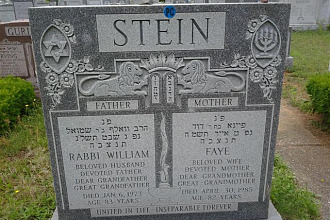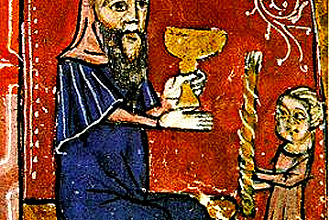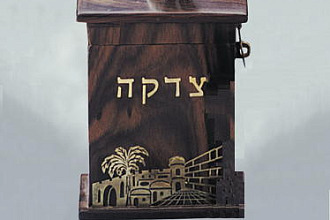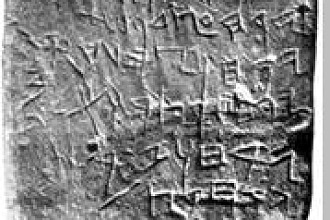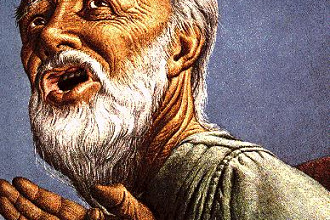Orthodox believe that at Mount Sinai, God gave to Moses not only the written Torah but also oral interpretations and laws as well. They believe that these oral laws were faithfully passed down through centuries and finally they were written down in the Mishnah and Talmud. So the Rabbinic laws and statements that were recorded have divine authority. They accept without questioning Rabbinic statements like "Moses received Torah on Sinai, and handed it on to Joshua, and Joshua to the elders, and the elders to the prophets, and the prophets handed it on to the men of the Great Assembly." (Avot 1, 1.)
Modern scholarship teaches that both historical evidence and internal Biblical evidence show that there were gaps in the passing on of oral traditions. For example:
Passover sacrifice was reinstituted in the reign of Josiah after a gap of several centuries for it says The Passover sacrifice had not been offered in that manner in the days of the chieftains who ruled Israel, or during the days of the kings of Israel and the kings of Judah.52.
Circumcision was not carried out for 40 years. Now whereas all the people who came out of Egypt had been circumcised, none of the people born after the exodus, during the desert wanderings, had been circumcised.
Succot. Were not built for some 700 years or so. The whole community that returned from the captivity made booths and dwelt in booths - the Israelites had not done so from the days of Joshua son of Nun to that day.54.
Many scholars believe that much of the Oral Law dates back only as far as the early Pharisees in the 3rd Century BCE. For it was they who introduced the promulgation of new laws based upon the study and interpretation of the Biblical text. 55. While many other modern scholars would accept the views of Higher Criticism that not all of the words of the first five Biblical books date back to the time of Moses. So just because a law is in the five books attributed to Moses does not necessarily mean that it goes back to Sinai and has the authority of Divine dictation.
Originally found here
Picture originally found here

